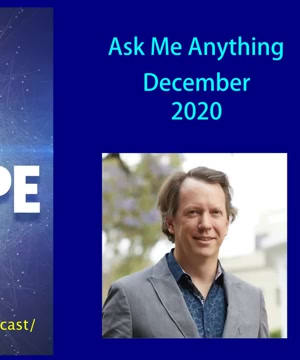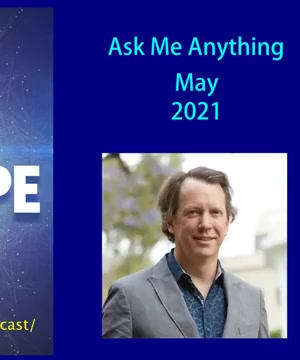Free will
Sources:
The debate around free will involves multiple perspectives from various fields, including philosophy, neuroscience, and psychology. Here are some key insights gathered from recent discussions by experts in these areas:
-
Joseph Goldstein argues that the term "free will" might be a misnomer, proposing that everything arises out of conditions rather than being strictly predetermined. He believes the concept may not have substantive meaning when examined closely 1.
-
Matthew Hagele and David Puder outline that free will can be seen as a complex interaction of self-control, rational choice, and active decision-making. They differentiate between deterministic (biologically shaped) views and indeterministic (true decision-making) views of free will 2.
-
Anil Seth suggests viewing free will as a perception rather than an absolute truth. This perspective helps dissipate confusion by separating deterministic debates from practical human experiences of agency and moral responsibility 3.
-
Alex Rosenberg maintains a deterministic stance, asserting that free will does not exist. He points out that even among naturalists, there are debates on the utility of free will as a societal concept, despite its non-existence at a fundamental level 4.
-
Sean Carroll discusses the interplay between quantum mechanics and free will, highlighting that indeterministic laws of physics don't necessarily confirm the existence of free will. He also emphasizes the importance of understanding free will in relation to the predictability of the universe 5 6.
-
Peter Attia and Jocko Willink explore the practical implications of free will. They acknowledge the influence of genetics and life experiences on decision-making, with Attia noting a shift from believing in free will to being more agnostic about it. This nuanced view helps them understand varying work ethics and personal values 7.
These discussions underscore that free will is an intricate topic, blending philosophical inquiries with scientific insights, and often leading to more nuanced, rather than definitive, conclusions.
RELATED QUESTIONS-


